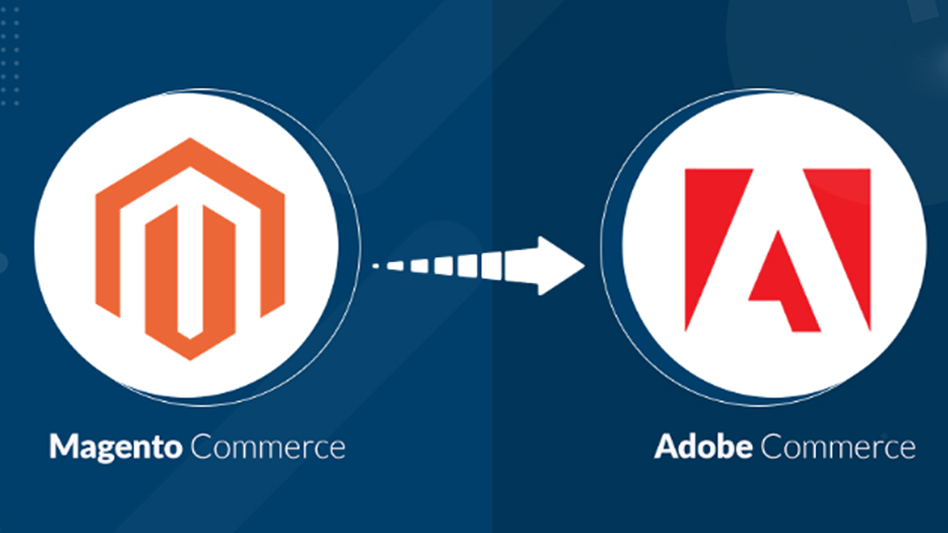Scalability is an essential aspect of website design and development. It refers to the ability of a website to grow and handle increased traffic and demands. A scalable website can accommodate future growth and changes in user demands, ensuring its continued performance and success.
Here are 30 tips to help you ensure your website is scalable:
- Choose the right hosting platform: Selecting the right hosting platform is crucial to ensure scalability. Consider using cloud hosting as it provides the flexibility to increase resources as needed.
- Design for scalability: Plan for growth when designing your website. Ensure your website’s layout and architecture can easily accommodate new features, pages, and functionality.
- Use responsive design: A responsive website design ensures your site is accessible and looks great on any device, including desktops, laptops, tablets, and smartphones.
- Optimize images and videos: large images and videos can slow down your website and negatively impact its scalability. Optimize them for faster loading times.
- Minimize HTTP requests: Reducing the number of HTTP requests your website makes can significantly improve its speed and scalability.
- Use a content delivery network (CDN): A CDN can improve website performance by caching and delivering content from multiple locations.
- Utilize caching: Caching can greatly improve website performance by storing frequently used data in memory for quick access.
- Choose the right database technology: Select a database that can handle high traffic and is scalable, such as MySQL or NoSQL databases like MongoDB or Cassandra.
- Use load balancing: Load balancing distributes website traffic evenly across multiple servers, improving its scalability and reliability.
- Monitor website performance: Regularly monitor your website’s performance and identify bottlenecks that need to be addressed.
- Use a scalable framework: Consider using a scalable framework such as Ruby on Rails or Django to build your website.
- Automate processes: Automating repetitive tasks can reduce manual labour and improve the scalability of your website.
- Implement error handling: Ensure your website has robust error handling in place to avoid downtime and improve its scalability.
- Use a secure and reliable payment gateway: A secure and reliable payment gateway is crucial for e-commerce websites to handle high traffic and ensure scalability.
- Plan for data backups: Regular data backups ensure that your website’s data is secure and can be restored in case of a disaster.
- Use a scalable font: A scalable font ensures that your website’s text remains legible and easy to read at all screen sizes.
- Use modern technologies: Adopt modern technologies such as HTML5 and CSS3 to improve website performance and scalability.
- Implement A/B testing: Regularly conducting A/B testing can help you make data-driven decisions and improve your website’s scalability.
- Ensure fast page load times: Fast page load times improve the user experience and ensure scalability.
- Regularly update software: Regularly updating your website’s software, including the operating system and applications, can improve its performance and scalability.
- Implement a scalable database architecture: It is important to design a scalable database architecture that can handle increased traffic and data growth. This can include sharing, denormalization, and other techniques to improve database performance.
- Use a scalable CSS framework: CSS frameworks such as Bootstrap or Foundation can simplify the development process and provide a scalable foundation for your website.
- Monitor resource utilization: Regularly monitoring resource utilization, such as CPU, memory, and disk space, can help you identify performance issues and ensure scalability.
- Use a scalable web server: Web servers such as Nginx or Apache can handle high traffic and provide a scalable foundation for your website.
- Implement scalability testing: Scalability testing is a crucial aspect of website development and can help you identify performance issues and ensure scalability.
- Use a scalable front-end framework: Front-end frameworks such as Angular or React can provide a scalable foundation for your website’s user interface.
- Use a scalable logging system: A scalable logging system can provide valuable information about website performance and help you identify performance issues.
- Implement efficient algorithms: Efficient algorithms can greatly improve website performance and scalability. Consider using algorithms such as binary search or linear search to improve website speed.
- Use a scalable message queue: A scalable message queue can improve the performance and scalability of your website by reducing the number of requests sent to the server.
- Regularly perform security audits: Regular security audits can help you identify and fix vulnerabilities in your website, ensuring its scalability and security.

Summary and how Navtark can help you with a Scalable Web Development Solutions:
Ensuring the scalability of your website is crucial for its success and long-term performance. By following the tips outlined in this article, you can ensure your website is prepared for growth and can handle increased traffic and demands. Regular monitoring, testing, and updating can also help you keep your website performing at its best.
Navtark is a leading provider of website development services, offering scalable and robust solutions that meet the unique needs of your business. With a team of experienced developers and designers, Navtark can help you build a website that is fast, secure, and scalable, providing the foundation you need for success. Whether you’re looking to build a new website or upgrade your existing site, Navtark can help you achieve your goals. Contact us today to learn more about our website development services and how we can help you build a scalable and successful online presence.






